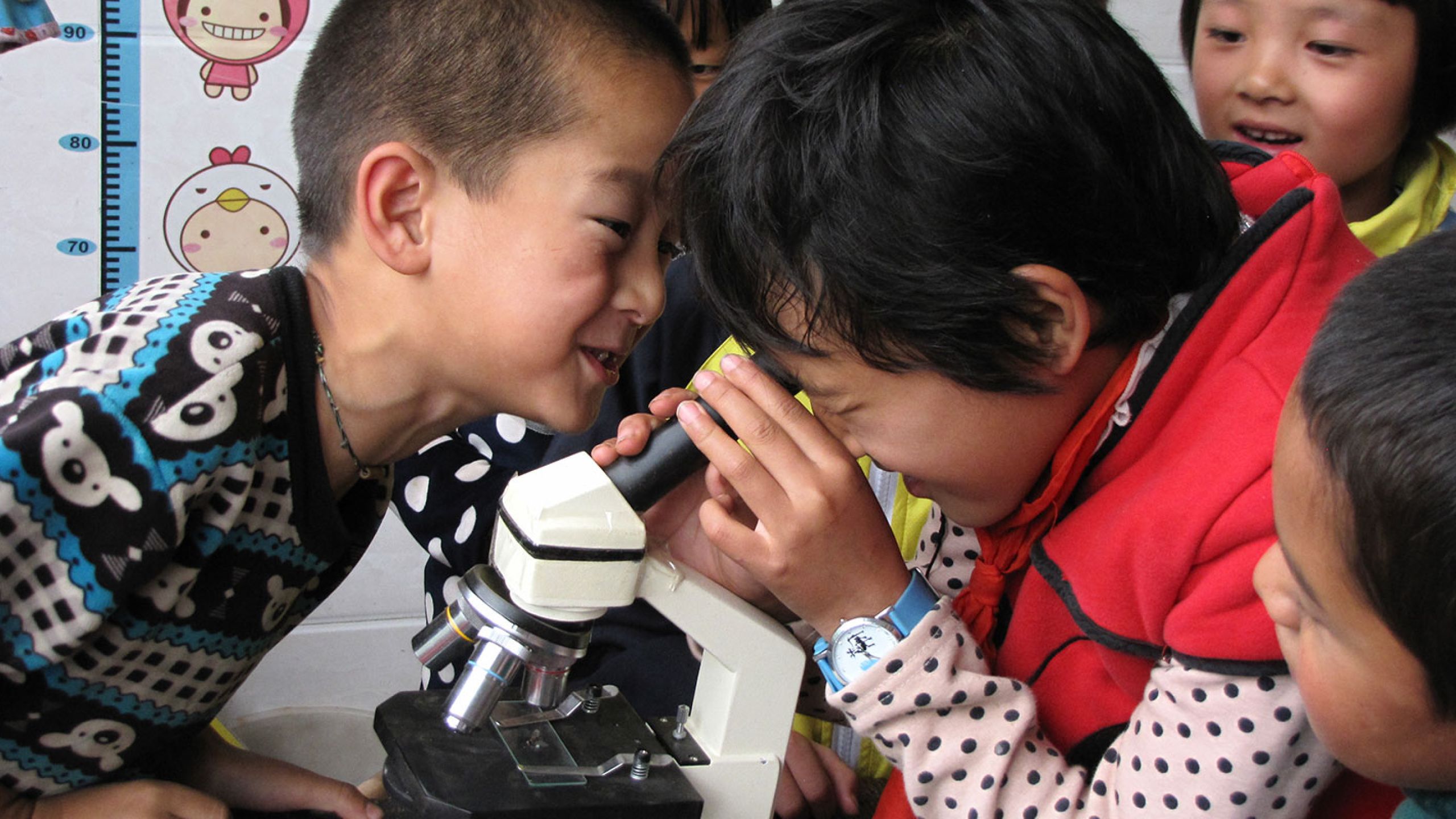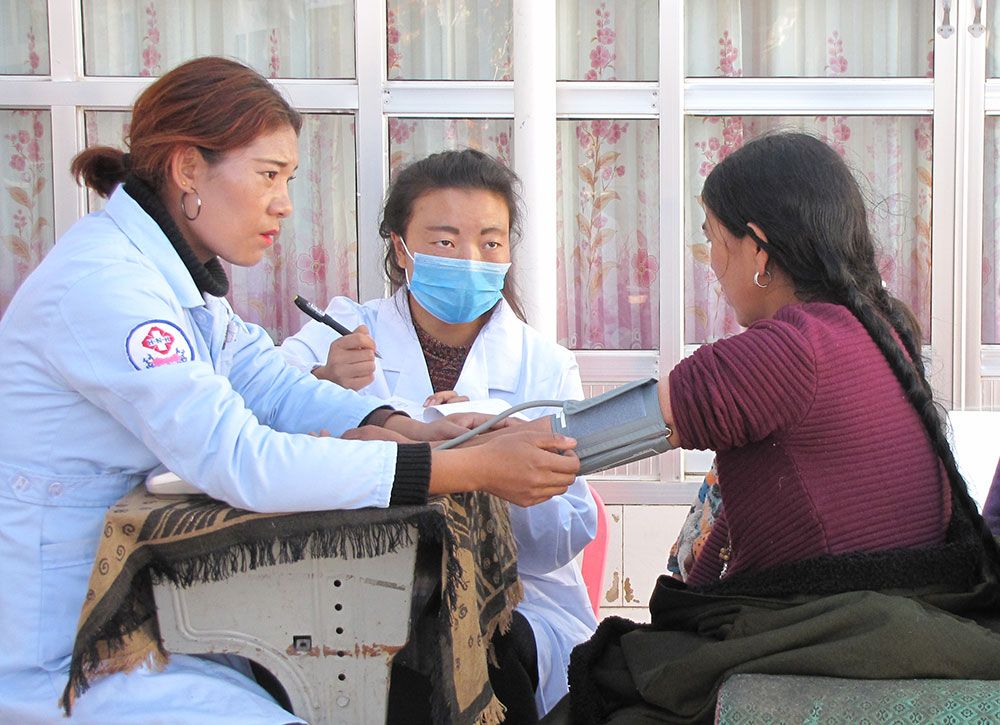The problem
Health care facilities and village health workers throughout the TAR struggle to meet the health needs of their patients. Many village clinics and hospitals lack essential medical equipment. In addition, the medicine supply in Tibet is extremely limited, and most facilities are unable to provide treatment even for minor conditions. Insufficient training further compromises the care provided. These workers are often solo providers who must rely on rudimentary training to address the diverse and often serious needs of their populations, which include tuberculosis, high blood pressure, stroke, heart failure, iodine deficiency disease, high-risk pregnancies, and acute life-threatening childhood illnesses. Additionally, during discussions on health, the cost of medical care is often mentioned as an obstacle to healthcare access. On average, ten Tibetans approach Terma every day desperately seeking healthcare.
What Terma is doing
Health education and primary care delivery are natural parts of each of our six programs at Terma. Every village clinic and community receives basic hygiene instruction and detailed messages about the use of the simple yet effective medicines and supplies we distribute. Terma conducts hygiene education workshops for schools (a healthy child is more likely to study well and have better opportunities for physical and mental growth, conditions that reduce the burden on a family), orphanages, local health professionals and the general public. The workshops include easy explanations on the necessity of washing hands, of not spitting, basic eye hygiene, and environment protection. The sessions are designed to be informative, entertaining and integrative. Terma also distributes hygiene education materials, including soaps and toothbrushes, various hygiene prevention posters, hygiene promotion movies, TB photo-story books and other educative materials regarding health and hygiene. International health experts contribute through interpreted discussions on health issues, direct services and physical examinations.
Terma coordinates with other NGOs to avoid duplication of efforts, and to identify gaps in treatment and services.

